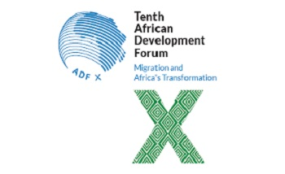By Elisha Otieno
Doctors in Migori have threatened to begin street protests over delayed promotions barely a week after nurses demonstrated about similar grievances.
The Kenya Medical Practitioners, Pharmacists and Dentists Union (KMPPDU) has already issued a seven-day strike notice to the County administration.
"We want immediate promotion of all doctors and all arrears paid. And this includes our consultants who the county administration has stagnated citing lack of vacancies," read part of the notice signed by Dr Ouma Oluga, the union's national secretary-general.
The notice continued: "We need employment of more doctors to address staff shortage because currently we have only 48 doctors and 10 of them are in school… we further demand that salaries be paid latest third of every month, failure to which no doctor will report for duty."
The planned strike will further plunge the health sector into crises however the union's Migori branch chairman said they are ready for dialogue.
"We are ready for constructive dialogue before the expiry of the strike notice otherwise we are set for the industrial action," said Dr Joseph Otieno.
The County's health officers said they "were still monitoring the situation before responding appropriately".
"Their promotions are already being addressed because we just promoted nurses. This strike is just calculated to paralyse health services in this county, and they do not have any basis to down tools," said a Health official who requested for anonymity.
When the 550 nurses went on strike operations in the 209 facilities were affected forcing residents to be transferred to private hospitals.
The county government sought temporary court orders that stopped the strike, pending the hearing and determination of the matter at the Employment and Labour Relations Court.
But some of the nurses said "although they will be physically present in the hospitals due to the court order, we do not have the morale to work until the matter is heard and determined".
Lady Justice Monica Mbaru of the Employment and Labour Relations Court ordered the respondent – Kenya National Union of Nurses (KNUN) members to return to work immediately, pending the hearing and determination of the petition made by the county administration.
Mr Tom Kwanga, the county's legal officer, sought the court orders after the nurses remained adamant on their demands, even snubbing a meeting with Governor Okoth Obado.
Edited by Philip Momanyi









